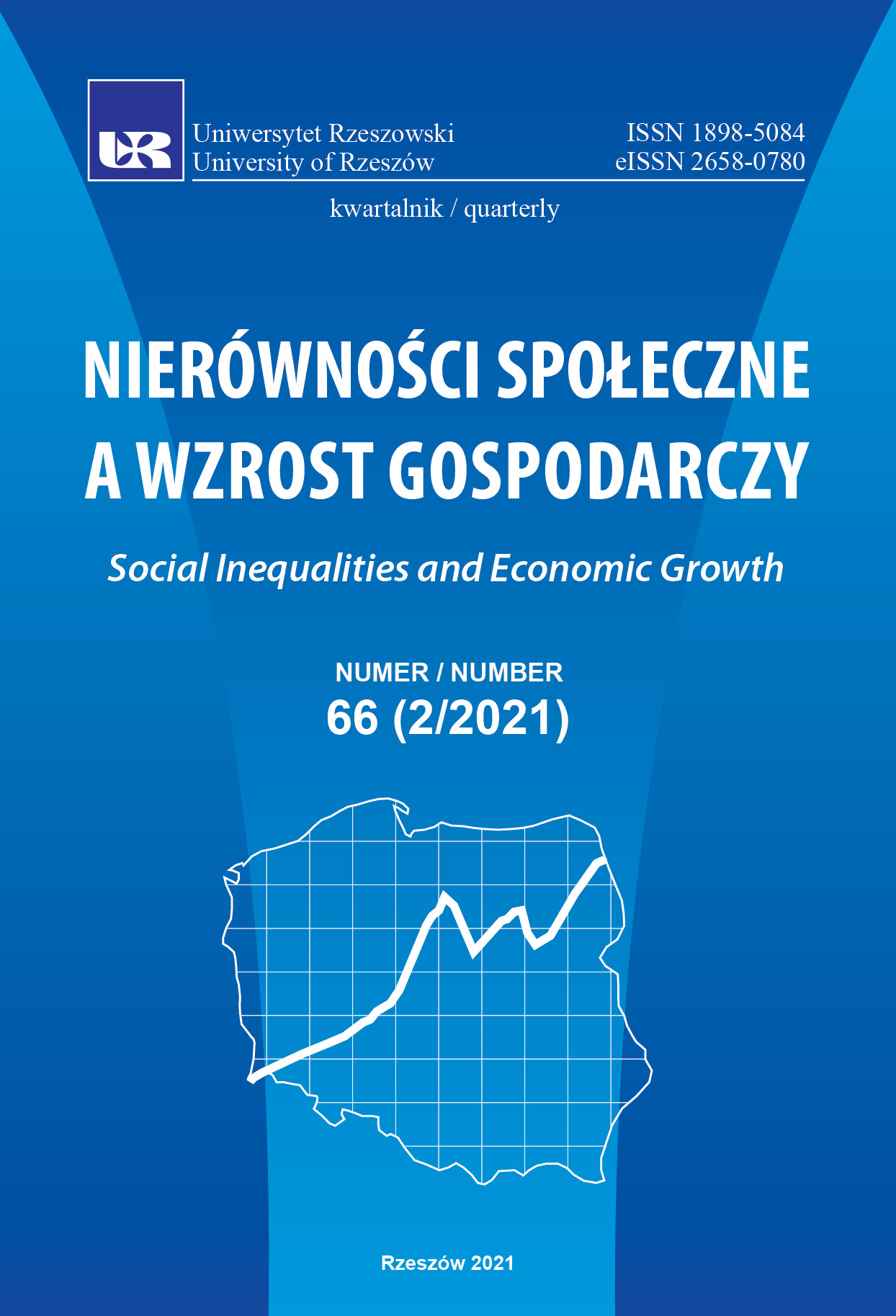Socjologia wiedzy społeczeństwa cyfrowego – „praca cyfrowa” a ideologia mediów społecznościowych
The sociology of knowledge in the digital era – ‘digital labour’ and the ideology of social media
Author(s): Jan KozubowskiSubject(s): Economy
Published by: Wydawnictwo Uniwersytetu Rzeszowskiego
Keywords: digital economy; social media, sociology of knowledge; Joseph Schumpeter;Karl Mannheim;
Summary/Abstract: The article presents the evolution of social media through the prism of the sociological theories of Joseph Schumpeter and Karl Mannheim. The methodology of the sociology of knowledge, which was described in the first part of the work, was used for the analysis. According to Mannheim and Schumpeter, innovation plays a key role in the evolution of human consciousness. Consciousness influences the shape of social existence – relations of production and division of labour. Innovation appears in history as a mental product, but it is used to reform the economic relations prevailing in a given period. The article combines the analysis of ideological content related to social media with the concept of creative destruction presented by Schumpeter. From an ideological perspective, we have seen a transformation from utopia to ideology in the history of social media. According to Man¬ nheim’s historical dialectic scheme, utopian slogans, such as the demand for democracy, gratuity and fun, could not be realized under market conditions. They have become ideological postulates disguising the actual activities of media corporations. The economic innovation of ‘audience labour’ prevent them from being implemented. The theory of ‘digital labour’, which was formulated by Christian Fuchs, is based on the concept of ‘audience labour’: prosumers create data which is then ‘sold’ to advertisers. It is unpaid and voluntary work that is ‘monetized’ by targeted advertising. This new system determines, on the one hand, the success of such giants as Facebook, whose business model is based on advertisements, and, on the other hand, the destruction of more traditional types of the advertising, especially advertising in newspapers and magazines.
Journal: Nierówności Społeczne a Wzrost Gospodarczy
- Issue Year: 2021
- Issue No: 66
- Page Range: 67-79
- Page Count: 13
- Language: Polish

